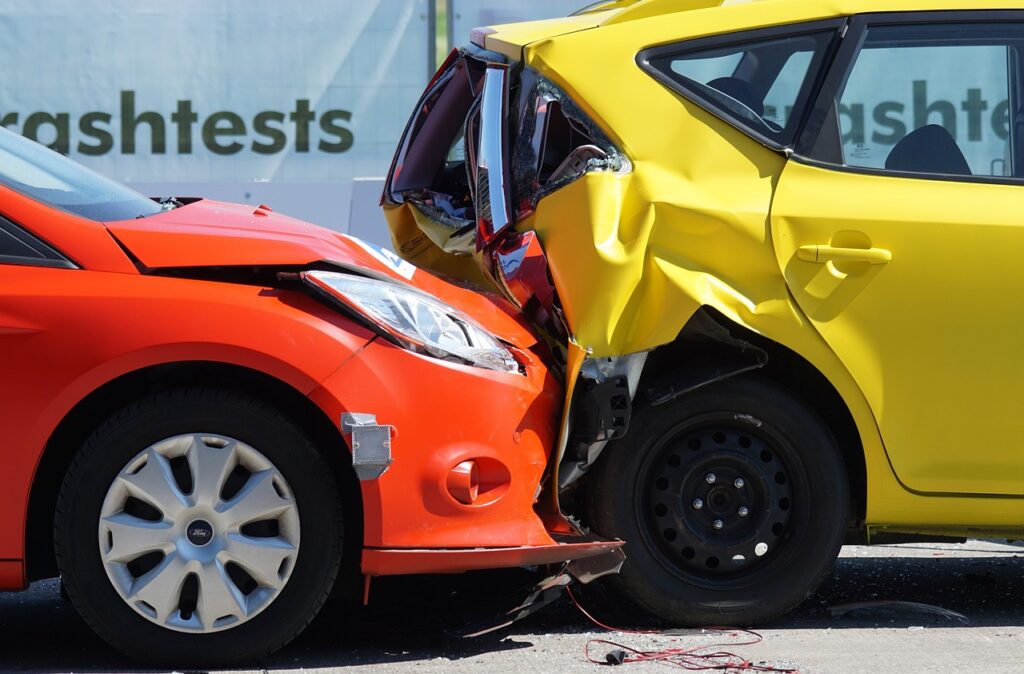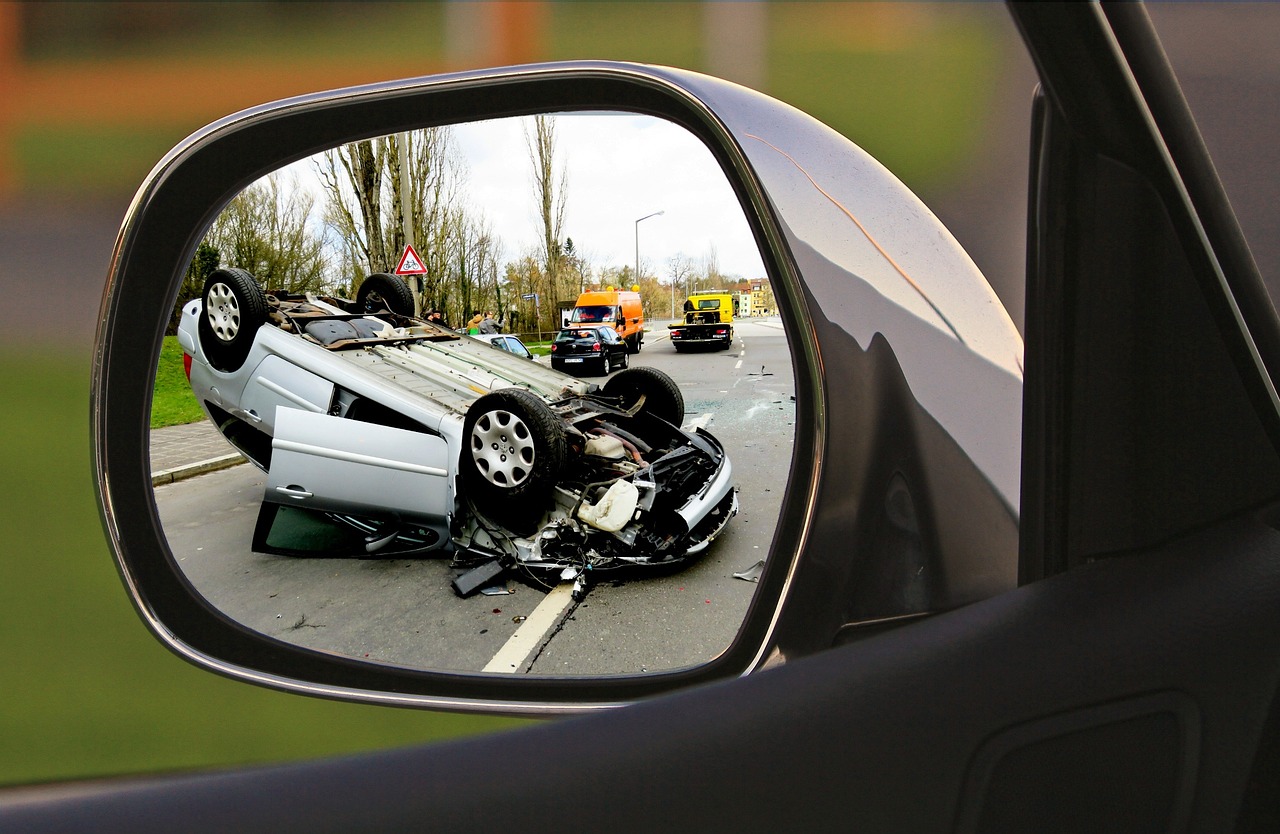How Personal Accident Insurance Can Protect You from Unexpected Costs
Accidents can happen anytime, anywhere. A sudden fall, a sports injury, or even a car accident can leave you with unexpected medical bills, time off work, and financial worries. That’s where personal accident insurance comes in. It provides a financial safety net to help you recover from the unexpected costs of an accident.
While health insurance covers illnesses, it may not cover all the expenses that come with an accident, like rehabilitation or lost income. Personal accident insurance helps fill those gaps, providing financial support when you need it most.
In this guide, we’ll explore everything you need to know about personal accident insurance in Singapore. We’ll cover what it protects against, the benefits it offers, how much it costs, and how to find the best plan for you. Let’s learn how to protect yourself and your loved ones from the financial burden of accidents.
What Does Personal Accident Insurance Cover for Road Accidents?
Let’s get down to the specifics and understand what personal accident insurance covers when it comes to road accidents. Think of it as a safety net that protects you financially if you’re involved in a collision on the road.
Core Coverage
Personal accident insurance is like a guardian angel that steps in to help when you’re involved in a road accident. It helps pay for things like:
Medical Expenses
If you get injured in a car accident and need medical attention, personal accident insurance can help cover the costs. This includes hospitalization, surgery, medication, ambulance fees, and even follow-up treatments like physiotherapy.
Accidental Death and Disability
In the unfortunate event of a fatal car accident or if you suffer a permanent disability due to a road accident, personal accident insurance provides a lump sum payment to you or your family. This money can help with living expenses, funeral costs, or paying off debts.
Loss of Income
If your injuries prevent you from working after a car accident, personal accident insurance can help replace some of your lost income. This means you can still pay your bills and take care of your family while you focus on recovery.
Other Benefits:
Some personal accident insurance plans might also offer additional benefits specifically related to road accidents, such as:
Coverage for Passengers – Your policy might extend coverage to passengers in your vehicle who are injured in an accident.
Legal Expenses – Some plans might help cover legal expenses if you need to pursue a claim for damages or compensation related to the accident.
Trauma Counseling – If you experience emotional distress or trauma after a car accident, some plans might cover the cost of counseling or therapy sessions.

Types of Road Accidents Covered:
Personal accident insurance typically covers a wide range of road accidents, including:
- Car Accidents – This includes collisions with other vehicles, objects, or pedestrians.
- Motorcycle Accidents – Coverage for injuries sustained while riding a motorcycle.
- Public Transport Accidents – Coverage for accidents that occur while you’re a passenger on public transport, such as buses or trains.
- Hit-and-Run Accidents – If you’re injured in a hit-and-run accident, your personal accident insurance can still provide coverage.
It’s important to remember that the specific coverage and benefits can vary depending on the personal accident plan you choose and the insurer you select. So, it’s always a good idea to read the policy documents carefully or talk to your insurance agent to understand what’s included.
Benefits of Personal Accident Insurance in Singapore
Now that you know what personal accident insurance covers, let’s talk about why it’s so important, especially in a bustling city-state like Singapore.
Financial Security
Accidents can lead to unexpected costs. Medical bills, rehabilitation, and lost income due to time off work can strain your finances. Personal accident insurance acts like a financial safety net, providing a source of income and covering expenses when you need it most. It’s like having a backup fund specifically for accidents, allowing you to focus on recovery without worrying about immediate financial burdens.
Peace of Mind
Life is full of uncertainties, and accidents can happen when you least expect them. Knowing you have personal accident insurance can give you valuable peace of mind. It’s like having a safety net, allowing you to go about your daily activities with confidence, knowing that you’re protected financially if an accident occurs. This peace of mind can be especially important for those with families or dependents who rely on their income.
Flexibility and Customization
Personal accident plans are not one-size-fits-all. They offer flexibility, allowing you to choose the coverage and benefits that best suit your needs, lifestyle, and budget. You can customize your plan with optional benefits or riders, such as coverage for specific sports or activities, higher coverage amounts for medical expenses, or extended benefits for loss of income. This flexibility ensures you get the protection you need without paying for coverage you don’t.
Accessibility
Personal accident insurance is readily available to almost everyone, regardless of age or occupation. Whether you’re a young adult starting out, a parent with a family, or a senior citizen enjoying your retirement, there’s a personal accident plan designed to meet your needs. The application process is usually straightforward, and you can even purchase personal accident insurance online from the comfort of your home.
Here are some specific examples of how personal accident insurance can help:
Paying for Expensive Treatments
If you need surgery, specialized care, or rehabilitation after an accident, personal accident insurance can help cover the costs, which can be very expensive. For instance, physiotherapy sessions can add up quickly, and prolonged rehabilitation can put a strain on your finances.
Supporting Your Family
If you’re the main breadwinner in your family and you can’t work due to an accident, personal accident insurance can help provide for your loved ones while you recover. This can help cover daily living expenses, mortgage payments, or your children’s education fees.
Covering Unexpected Costs
Accidents can lead to unexpected costs, like ambulance fees, medication, or even modifications to your home if you have a disability. Personal accident insurance can help with these expenses, reducing the financial burden on you and your family. For example, if you require a wheelchair after an accident, your policy might cover the cost of purchasing one or modifying your home to accommodate it.

Consider Your Needs
The best personal accident insurance for you depends on your individual needs and lifestyle.
Think about these things:
Your Job
Do you have a job that involves physical activity or a higher risk of accidents? If you work in a physically demanding job or one with a higher risk of accidents, you might need a plan with higher coverage amounts or specific benefits, such as higher medical expense coverage or disability benefits. For instance, a construction worker might need a plan with higher coverage for accidental death and disability than someone who works in an office.
Your Hobbies
Do you enjoy sports or other activities that could lead to injuries? If you’re an active person who enjoys sports or outdoor activities, look for a plan that covers a wide range of sports and activities. For example, if you’re a frequent hiker, make sure your plan covers injuries sustained during hiking. You might also want to consider coverage for adventure sports or activities that carry a higher risk of injury.
Your Family
Do you have a family to support? If you have dependents, consider a plan that offers higher coverage amounts for accidental death and disability, as well as benefits like loss of income or childcare services. This can provide financial security for your loved ones in case of an unexpected event. Think about how your family would cope financially if you were unable to work due to an accident.
Your Budget
How much can you afford to pay for insurance premiums? Choose a plan that fits comfortably within your budget. Remember that you can adjust your coverage and benefits to find a balance between affordability and comprehensive protection. Don’t overspend on a plan with features you don’t need, but also don’t skimp on essential coverage.
Look for Reputable Insurers
Choose an insurance company with a good reputation for paying claims fairly and providing excellent customer service. You can ask your friends and family for recommendations or read online reviews to see what other people say about different insurance companies. Check the insurer’s financial strength ratings to ensure they have the resources to pay out claims when you need them. Look for insurers with a strong track record and positive customer feedback.
Making a Claim
Okay, so despite your best efforts, an accident has happened, and you need to make a claim on your personal accident insurance. Don’t worry, the process is usually straightforward, and we’ll guide you through it step-by-step.
Report the Accident
The first and most important step is to report the accident to your insurance company as soon as possible. Most insurers have a time limit for reporting accidents, typically within 24 to 48 hours, so it’s best to do it right away. Delays in reporting can sometimes lead to complications or even rejection of your claim, so be prompt.
You can usually report the accident online, over the phone, or through your insurance agent. Provide them with the date, time, and location of the accident, as well as a brief description of what happened.
Gather Documentation
To support your claim, you’ll need to gather some documents. These will help the insurance company understand what happened and how much they need to pay you. The more organized and complete your documentation, the smoother the claim assessment process will be. Here’s a checklist of common documents you might need:
Personal Details – Your full name, NRIC number, contact information, and policy number. Make sure this information matches exactly what’s on your policy documents.
Accident Report – A copy of the police report if the accident was reported to the police. This is especially important for car accidents or accidents involving injuries.
Medical Reports – Detailed medical reports from your doctor or hospital, including information about your injuries, treatment received, and any ongoing medical needs. These reports should clearly state the diagnosis, prognosis, and any recommended treatments or rehabilitation.
Bills and Receipts – Receipts for all medical expenses, such as hospital bills, doctor’s fees, medication costs, and ambulance charges. Keep all original receipts and organize them chronologically.
Loss of Income Documents – If you’re claiming for loss of income, you’ll need documents to prove your income, such as payslips or income tax returns. Your employer might also need to provide a letter confirming your employment status and the period of absence due to the accident.
Witness Statements – If there were any witnesses to the accident, their written statements can be helpful in supporting your claim, especially if there are disputes about liability.
Other Supporting Documents – Depending on the nature of your claim and the benefits you’re seeking, you might need other documents, such as receipts for rehabilitation expenses, travel documents if the accident happened overseas, or proof of home modifications. Check with your insurer for a complete list of required documents.
Submit Your Claim
Once you have all the necessary documents, you can submit your claim to your insurer. You can usually do this online through their website or by mailing the documents to their claims department. If you purchased your insurance through an agent, they can also assist you with submitting your claim and answer any questions you might have. Make sure to keep a copy of all submitted documents for your records.
Claim Assessment
After you submit your claim, the insurance company will review it and assess it based on the policy terms and conditions. They might contact you for more information or clarification if needed. They will then determine the amount they will pay out for your claim, taking into account the coverage and benefits included in your plan. The claim assessment process can take some time, depending on the complexity of your claim and the insurer’s procedures.
Tips for a Smooth Claim Process
Report the accident promptly – The sooner you report the accident, the better. This helps avoid delays and ensures your claim is processed efficiently.
Be honest and accurate – Provide accurate and truthful information when reporting the accident and submitting your claim. Any discrepancies or inconsistencies can lead to delays or even rejection of your claim.
Keep records – Keep copies of all communication and documents related to your claim. This will help you track the progress of your claim and have a record of all interactions with your insurer.
Follow up – If you haven’t heard back from your insurer within a reasonable time, follow up with them to check on the status of your claim. Don’t be afraid to ask for updates and clarification.
Seek assistance if needed – If you have any questions or are unsure about the claims process, don’t hesitate to contact your insurance agent or the insurance company’s customer service for assistance.
Protecting Yourself with Personal Accident Insurance
Personal accident insurance is an essential part of a comprehensive financial safety net. It provides crucial protection against the unexpected, offering financial support and peace of mind in case of accidents. By understanding the coverage, benefits, and options available, you can choose the best personal accident plan to safeguard yourself and your loved ones.
When it comes to choosing the right personal accident insurance, consider SG Accident, a trusted provider in Singapore. We offer a wide range of plans to suit your needs and budget, and our unique upfront cash incentive can provide immediate financial relief when you need it most. Plus, get a free quote today to see how affordable peace of mind can be.



